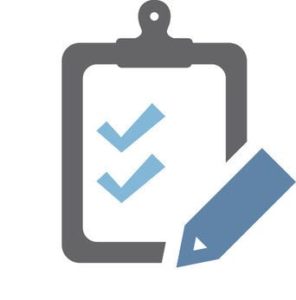Ofcom, the UK communications regulator, has announced a comprehensive set of proposed measures aimed at enhancing online safety for children, as outlined in their draft Children’s Safety Codes of Practice. The draft codes are a response to the Online Safety Act, which imposes stringent requirements on online platforms to ensure they are safe for children to access.

The codes detail over 40 practical steps that online services need to implement to fulfill their legal duties to protect children. Central to these proposals is the requirement for robust age verification processes to prevent children from accessing harmful content, such as material related to suicide, self-harm, pornography, and eating disorders. Online services, particularly those that do not ban such content, are expected to deploy effective age-assurance methods to accurately identify underage users and restrict their access accordingly. This may involve blocking access to the entire site or specific parts of it for young users.
Ofcom’s draft codes also propose regulating algorithms that recommend content to ensure they do not expose children to harmful material, requiring these systems to filter out the most damaging content and allow children to provide feedback to improve algorithm accuracy. Further along those lines, the draft codes mandate enhanced moderation practices across user-to-user services and search engines to quickly address harmful content, including making ‘safe search’ settings mandatory and non-disabling for child users.
The requirement for age verification in particular could help to further fuel a growing age assurance and digital ID market, especially given the intricate regulatory framework that has emerged in the United Kingdom concerning digital identity services.
Commenting on the draft codes in a LinkedIn post, Robin Tombs, the CEO of Yoti – which has emerged as a key player in digital ID and age assurance services – suggested that the Online Safety regulation, together with expected legislative changes governing proof of age in alcohol sales, will have some significant impacts going forward.
Among other things, Tombs predicted that “privacy preserving facial age estimation will become the most popular way for adults to prove they’re over 13 & the most popular way for teenagers to prove they are over 13.” He also forecast that higher numbers of teens and young adults will create “reusable digital IDs” for both proof of age and identification.
Among the upsides is the fact that fraudsters “will find that more & more businesses reject the details because the reusable digital ID user feeds back to the business it is not them interacting,” Tombs suggested.
In addition to technical measures, Ofcom’s new draft codes also emphasize the importance of governance and accountability within tech firms. Companies are expected to have named individuals responsible for compliance with children’s safety regulations, conduct regular reviews of safety practices, and ensure that their staff are well-trained and adhere to a code of conduct focused on child protection.
Ofcom says that it continues to consult with the tech industry, civil society organizations, parents and guardians, and, most importantly, children, and that it expects to publish its final “Children’s Safety Codes of Practice” within a year.
Source: Ofcom
–
May 8, 2024 – by Alex Perala

Follow Us